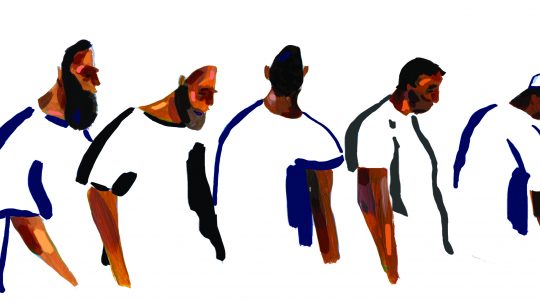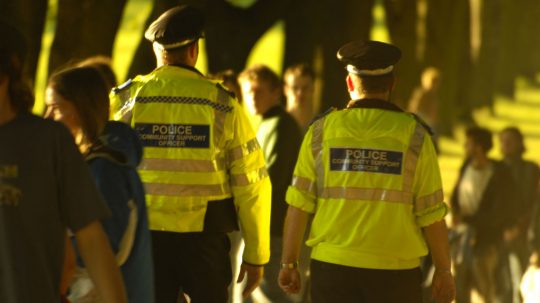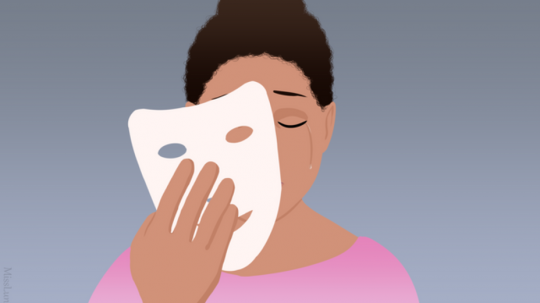When the UK first entered lockdown in March 2020, the UK government put in place emergency measures to prevent homelessness. Recently, on 31 May 2021, the eviction ban ended.
The Joseph Rowntree Foundation (JRF) commissioned a survey of more than 10,000 households, which indicated there will be a spike in evictions and homelessness with the lifting of the ban. According to Citizens Advice, 40% of people were already struggling with rent before the pandemic hit.
In addition to the 400,000 expecting to be evicted, JRF found that around 450,000 households have rent arrears. Almost a fifth of this group (18%) have been in arrears for more than four months.
These statistics do not make for easy reading, particularly when cases are stacking up in the courts causing huge delays to cases.
This is why legal advice must be available to all tenants facing eviction from their homes, no matter the circumstances surrounding the eviction, particularly when homelessness is a likely outcome. The earlier the advice can be received, the better.
The Law Society campaigns for access to justice and against cuts to legal aid that have left an increasing number of people facing serious legal problems – like housing disputes – without access to legal advice.
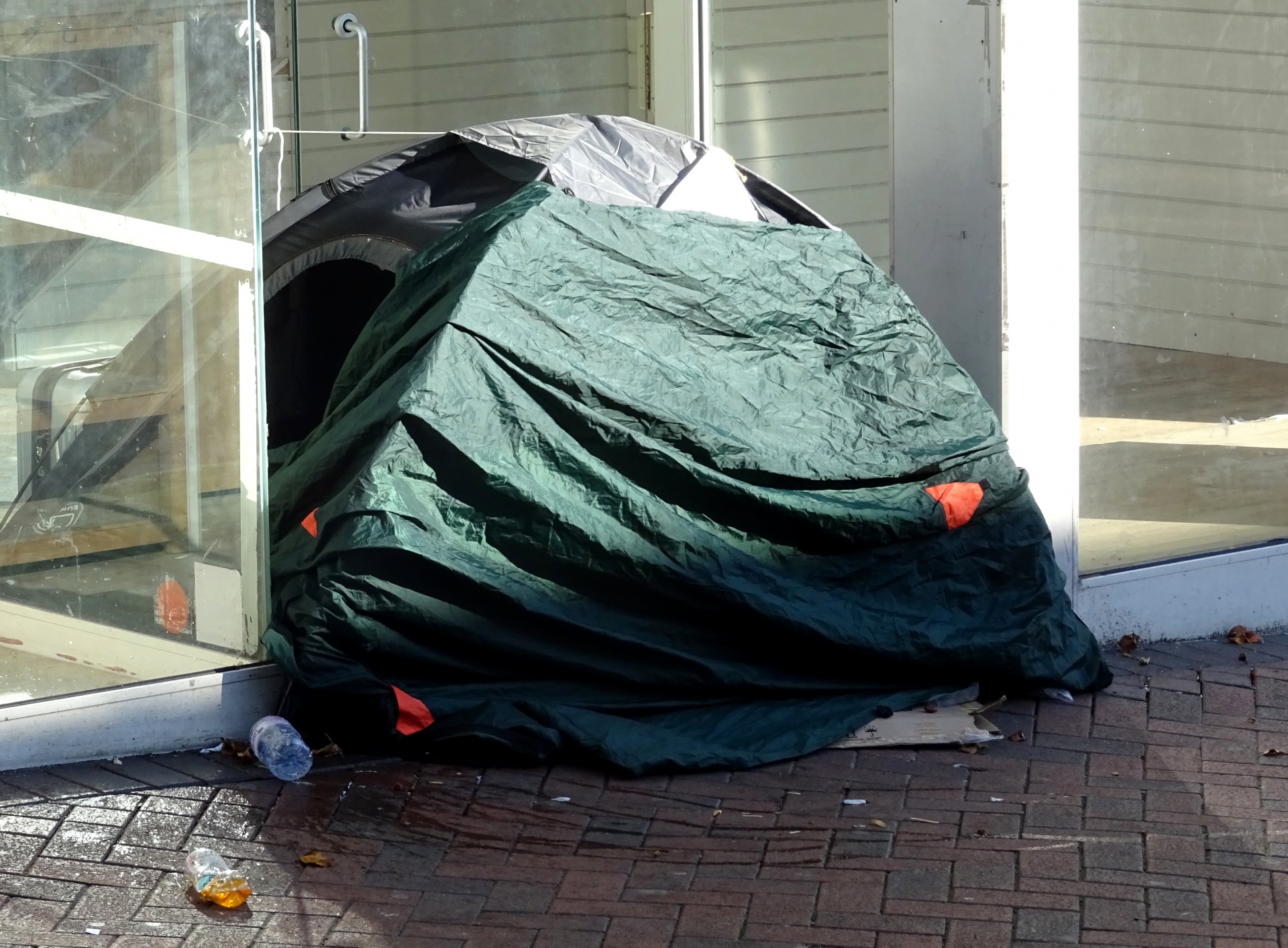
A homeless tent in front of shop doorway.
What you need to know
Legal aid is legal advice from an independent legal professional that is paid for by the government. It is available for advice on possession proceedings (evictions), subject to a means test, to show the applicant doesn’t have enough money to pay for their advice.
Tenants should seek advice as early as possible once it becomes clear that possession proceedings (eviction) are imminent.
Even if the arrears are not in dispute, it is often possible to reach agreements with landlords to repay arrears over some time, meaning that tenants can remain in their home.
It’s important to note that legal aid for advice on repossession is only available at the very end of the line when the tenant is at risk of losing their home. Regrettably, early advice when arrears problems first arise cannot be provided under legal aid.
Legal aid is means-tested so only those on the lowest incomes and with minimal capital are likely to be financially eligible.
The means test is complicated and takes a wide range of factors into account. Anyone with a gross monthly household income of up to £2,657 – slightly higher for families with more than four children – may be financially eligible for legal aid.
Legal aid at court
For those who haven’t sought or been able to access legal advice before their case comes to court, they can still get legal advice at the court on the day of a possession hearing under the Housing Possession Court Duty Scheme (HPCDS).
This scheme operates in most county courts in England and Wales where possession cases are heard and provides advice from a specialist housing solicitor
Due to the pandemic, many courts are operating virtual hearings but the advice is still available from an HPCDS solicitor by phone on the day of the hearing.
The pandemic has provided an additional opportunity for legal advice under ‘review days.’
Review days are arranged before the main hearings – where the court considers the possession claim – and allow a duty advisor to review the case.
It’s also an opportunity for the duty advisor to reach an agreement with the landlord to keep tenants in their homes.
While review days are a good opportunity for tenants to speak to housing specialists, the uptake of these days is very low. Work is being done to improve attendance these days.
Unlike the wider legal aid scheme, advice from the duty scheme is free to any tenant whose case is listed in court.
Legal advice is essential for anyone who faces the loss of their home, but unfortunately, it’s not always easy to get.
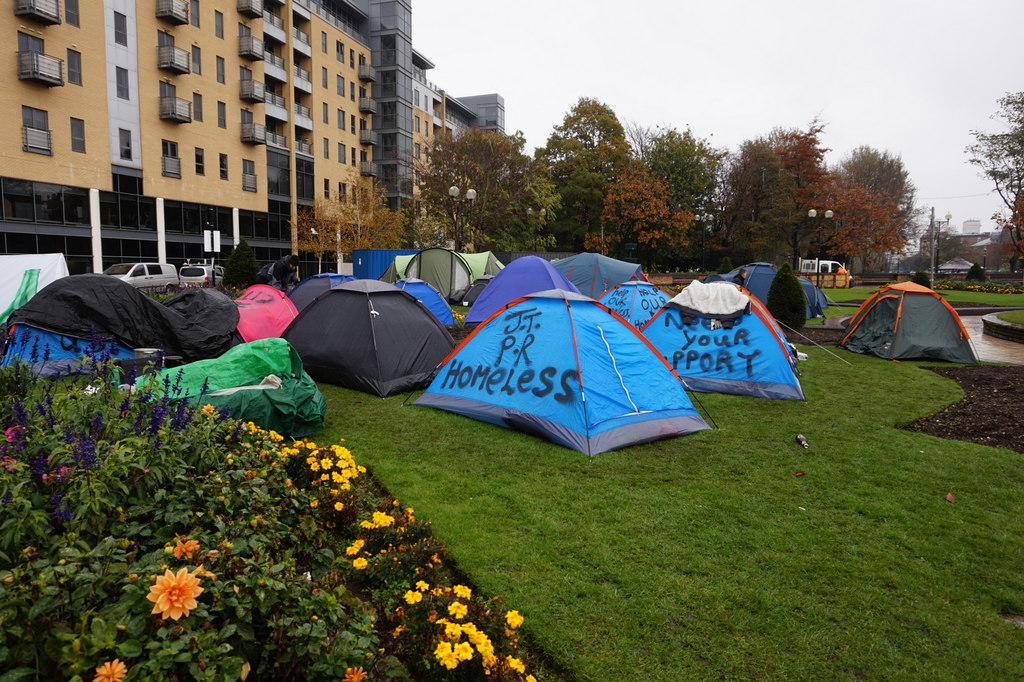
Homeless camping in Queen’s Garden, Hull
Lack of housing legal aid providers
The Legal Aid scheme is operated by the Legal Aid Agency and funded by the Ministry of Justice. Over several years there has been a decline in legal aid provision as the scheme becomes increasingly unsustainable, mainly because the fees paid to legal aid solicitors have not increased since the 1990s.
Law Society research has found that one of the worst affected areas of law is housing. We have found that in around 50% of local authority areas in England and Wales there is no publicly funded housing legal aid provider.
We will be keeping a close eye on the number of possession proceedings in the coming months and hope that the UK government will act in the best interests of the public.
The views expressed in this article are those of the author and do not necessarily reflect the views of EachOther.



